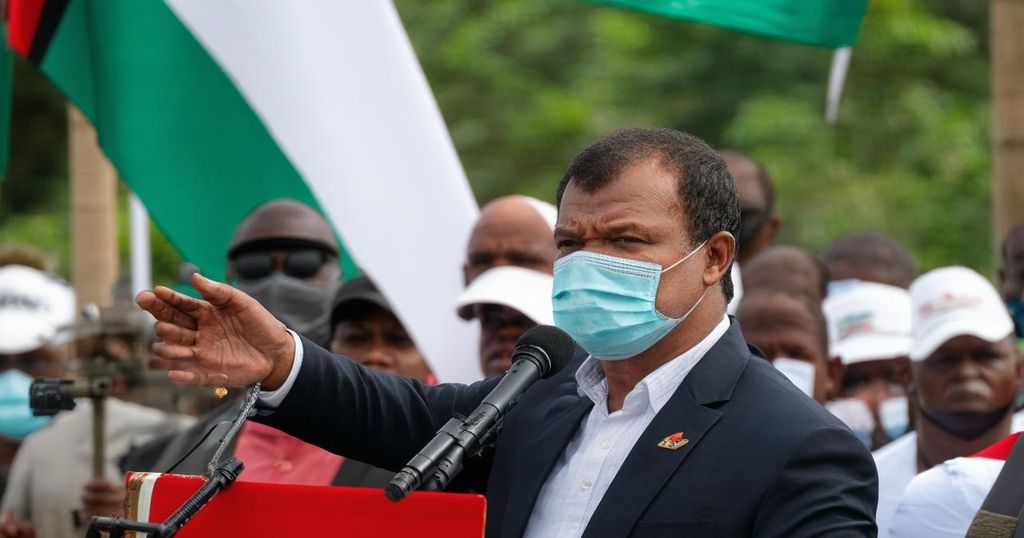Chapo Declared Winner of Mozambique’s Controversial Presidential Election

Daniel Chapo, candidate from Frelimo, was announced the winner of Mozambique’s presidential election amidst violence and allegations of fraud, securing approximately 71% of the votes. Protests erupted in response to claims of election rigging, posing a significant challenge to Frelimo’s authority. Chapo will replace Filipe Nyusi who has reached his term limit. The unrest reflects deeper societal issues regarding governance and economic disparities in the country.
Daniel Chapo, representing the Frelimo party, has been declared the winner of Mozambique’s presidential election, despite the process being clouded by violence and serious allegations of electoral fraud. The election, which took place on October 9, saw Mr. Chapo receiving approximately 71 percent of the votes. He is set to succeed Filipe Nyusi, who has reached the term limit after serving two five-year terms. The electoral commission’s announcement has sparked unrest across the nation, particularly in Maputo, where clashes erupted following accusations that Frelimo manipulated the election results. Thousands of demonstrators took to the streets, fueled by claims that two supporters of Mr. Chapo’s primary opponent were fatally shot during the protests. Frelimo denies these accusations of fraud and maintains that the election outcome is a reflection of the populace’s will. The current turbulence represents a significant challenge for Frelimo, which has maintained control since Mozambique achieved independence from Portugal in 1975.
The recent presidential election in Mozambique has highlighted a long-standing political tension within the country, dominated by the Frelimo party for nearly five decades. The socio-political climate is particularly fraught due to an ongoing insurgency by Islamist extremists in the northern region, which exacerbates economic disparities exacerbated by the region’s extensive natural resources. The historical context of Mozambique’s governance, including its tragic civil war in the 1980s and 90s, has created a political landscape fraught with challenges, and the current electoral disputes cast doubt on the stability of the government. As President Filipe Nyusi steps down after his constitutional term limit, Chapo’s election may either predict a continuation of Frelimo’s dominance or signal emerging opposition to its rule.
The declaration of Daniel Chapo as the victor in Mozambique’s presidential election points to a continuation of Frelimo’s long-standing governance amid significant unrest and contentious allegations of electoral misconduct. The implications of this election extend beyond routine political transitions, signaling deep societal divisions exacerbated by economic challenges and ongoing regional instability. The reactions to the election and the subsequent protests demonstrate a critical moment for Frelimo’s legitimacy and control, as the nation’s citizens express their frustrations over governance and democratic processes.
Original Source: www.nytimes.com







